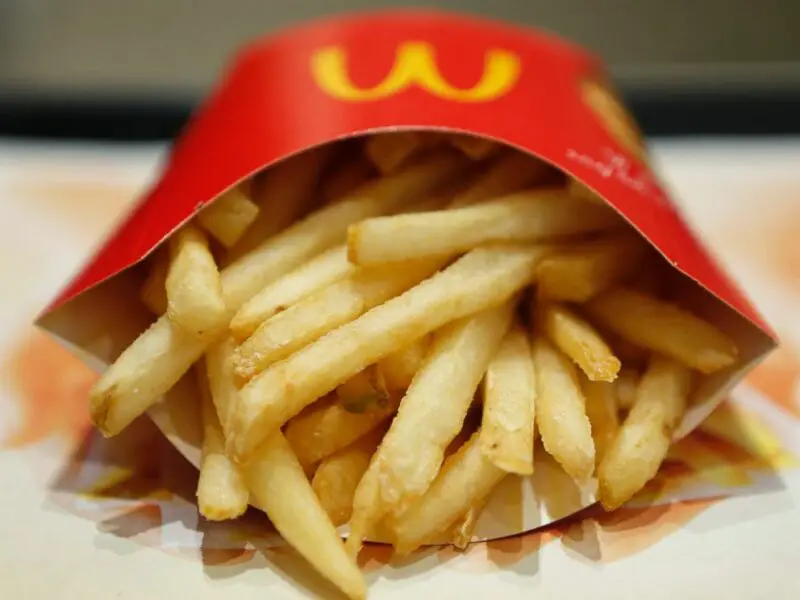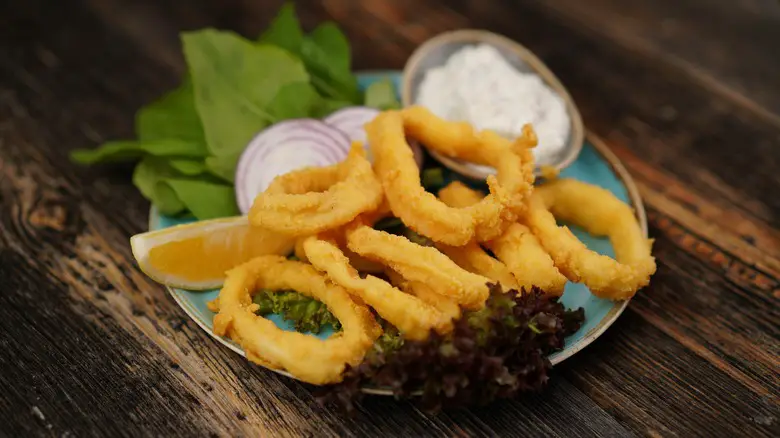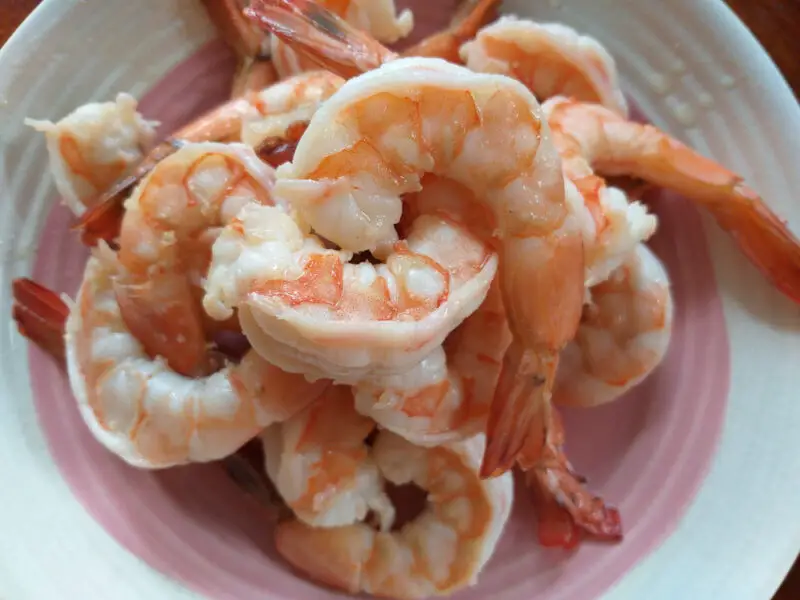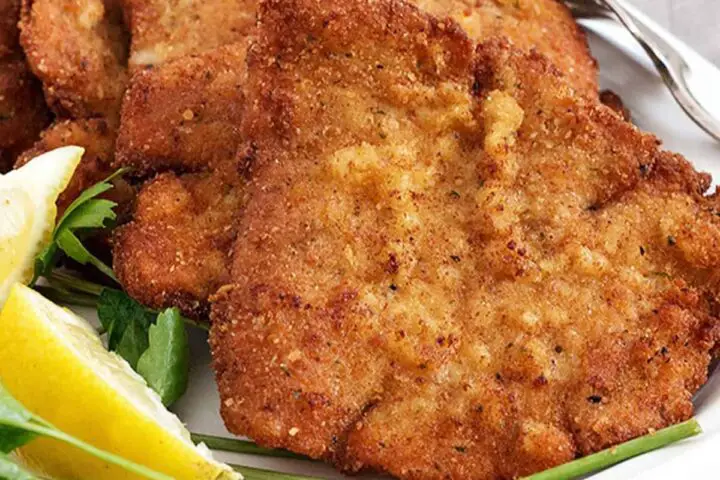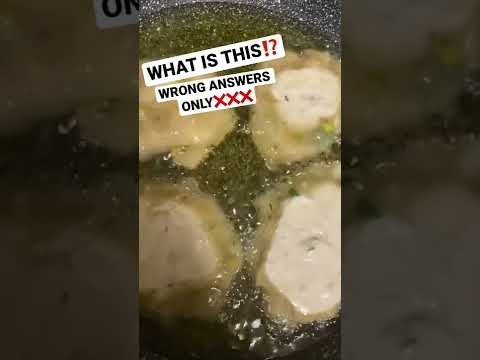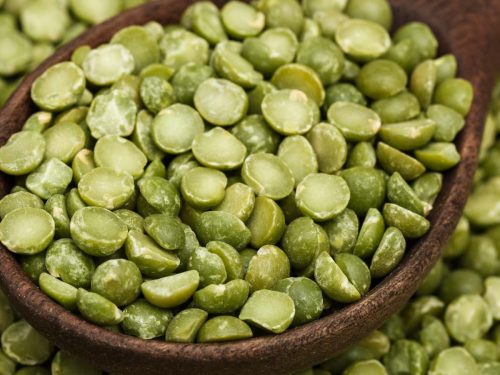McDonald’s is known for its infamous fries, with their crispy outer layer and soft, fluffy interior – it’s no wonder they’re a fan favorite. However, rumors have circulated for years about the true ingredients of the fast food giant’s fries. One such rumor is that there is pork fat in McDonald’s fries. Is there any truth to this claim? In this article, we will delve into the controversy surrounding pork fat in McDonald’s fries to determine once and for all whether this widely-circulated myth has any basis in reality.
Introduction:
McDonald’s fries have become synonymous with the brand itself, and rightfully so – these fries have been a staple in many homes and restaurants for decades thanks to their trademark crispy texture and savory taste. But there are many misconceptions about these fries that have surfaced over the years, including the belief that they contain pork fat.
The idea that McDonald’s fries contain pork fat stems from rumors that circulated in the past: people claimed that beef tallow had been replaced with pig fat in the oil used to cook the fries. This rumor has persisted for quite some time now, leading to much controversy surrounding McDonald’s more generally. In this article, we will explore whether or not there is any merit to this claim.
The Ingredients of McDonald’s Fries:
In order to understand whether or not there is any truth to claims involving pork fat being present in McDonald’s fries, it is first necessary to investigate what exactly goes into these popular menu items.
According to McDonald’s own website, potatoes are the main ingredient used in their famous fries. However, these potatoes are then blanched in a solution of dextrose (a type of sugar), sodium acid pyrophosphate (to maintain color), and salt before being fried in a mixture of sunflower and canola oils.
There are also several other ingredients listed on their website besides those aforementioned which include natural beef flavoring (derived from wheat and milk), citric acid (to preserve freshness), dimethylpolysiloxane (as an anti-foaming agent), and vegetable oil (for frying). The use of beef flavoring has been a significant factor in recent debates surrounding McDonald’s fries. Some argue that this ingredient is unhealthy, as it contains artificial flavors. However, despite the rumors circulating that the beef flavoring is not actually derived from cows, reports from McDonald’s confirm that it does indeed come from a combination of wheat and dairy.
Similarly, dimethylpolysiloxane was once an ingredient that sparked concern among the public. However, new scientific findings suggest that this anti-foaming agent poses no risk to human health.
The Use of Animal Products in Fast Food Chains:
The use of animal products by fast food chains is not an uncommon practice. Many restaurants use pork and beef in various menu items. For example, the presence of a non-vegetarian pizza on the menu would likely contain pork or beef toppings mixed with vegetables.
Ethical concerns may also arise from using animal products in fast food chains.. This is because there are many who argue that the farming process involved in raising animals for meat is often cruel and unsustainable. In response to these concerns, some fast food chains have started offering vegetarian and vegan options on their menus.
The Controversy Surrounding Pork Fat in Food Products:
Pork fat has been a subject of great controversy in food products for quite some time now. There are several reasons for this, ranging from religious to ethical considerations.
For example, pork is considered haram by Muslims and Jews; this means that it is forbidden under religious law. As such, foods containing pork or its byproducts are off-limits for followers of these religions unless they have gone through a Haram certification process.
Even those who do consume animal products may harbor reservations about eating pork fat – some sources claim that consuming large amounts of lard (a form of pork fat) can increase someone’s risk of developing heart disease and other health problems.
The Truth About McDonald’s Fries and Pork Fat:
So, is there really any pork fat in McDonald’s fries? The answer is no. Although rumors associated with this claim have persisted for many years, detailed analysis of the ingredients used in McDonald’s fries reveal that there is no pork fat present whatsoever. This statement is also backed by data from independent laboratory tests that have been conducted over the years.
Furthermore, while McDonald’s has been subject to lawsuits about the beef flavoring in their fries being “misleading,” it has always been made clear that the beef flavoring comes from a combination of wheat and dairy. To be more specific, wheat milk extract is one ingredient used to add flavor to the french fries after the cooking process, providing a rich savory taste.
Halal Status of McDonald’s Fries:
As mentioned before, pork products are haram under Islamic law, leading many Muslims to wonder whether or not it is safe to eat McDonald’s fries.
After reviewing McDonald’s website and other official documents, several Muslim organizations worldwide including Islamic Food and Nutrition Council of America (IFANCA) stated that they found no objections to McDonald’s menu items. As such some branches have gone through initiation processes in order to acquire Halal certification, allowing Muslims to enjoy these famous fries without going against any religious laws.
Impact on Health and Nutrition:
While there may be no pork fat present in McDonald’s fries, we cannot ignore the importance of maintaining a healthy diet. Foods high in saturated fats like lard can contribute to several health issues if consumed in excess.
However, properly prepared potatoes – especially when baked or boiled – are an excellent source of nutrients such as carbohydrates complex starches, fiber, minerals including potassium found naturally occurring in white potatoes; all of which may promote good health.
Response from McDonald’s Corporate:
McDonald’s has long been aware of rumors involving pork fat in their fries and the controversy surrounding their use of beef flavoring. In response to these concerns, they have released several statements saying that all ingredients used in their fries are fully disclosed on their website and packaging.
In one such statement, they addressed the issue of beef flavoring directly: “Our fries are not coated in any type of coating or seasoning that uses meat derivatives of any kind,” they clarified. “The natural beef flavor is solely derived from par-cooking the potatoes in a solution containing hydrolyzed wheat and milk derivatives before cooking in our proprietary oil blend.”
Conclusion:
In conclusion, it is clear that there is no pork fat present in McDonald’s fries. Despite rumors and controversy surrounding this issue, detailed analysis of the ingredients used by McDonald’s reveal that there is absolutely no presence of pork. Similarly, the beef flavoring added to these fries comes only from wheat and dairy, meaning that it is safe for consumption by vegetarians and those who abstain from consuming certain meats for religious or ethical reasons. Furthermore, properly prepared potatoes can be a healthy addition to any diet. All in all McDonald offerings have been considered as one with reasonable nutritional values and adequate for consumption when compared with other fast-food chains.
Frequently Asked Questions
1. Are McDonald’s fries made with pork fat?
No, McDonald’s fries are not made with pork fat. The oil used to fry the potatoes is a blend of canola and soybean oils.
2. Are there any animal products in McDonald’s fries?
No, McDonald’s fries do not contain any animal products. They are made from potatoes, oil, and a small amount of dextrose (a type of sugar) for flavor.
3. What about cross-contamination with pork products?
While McDonald’s takes precautions to avoid cross-contamination between different food items, it is possible that some traces of pork could be present in the same kitchen. However, the company has strict guidelines in place to prevent this from happening when handling different food items.
4. Are there any vegetarian or vegan options at McDonald’s?
Yes, McDonald’s offers some vegetarian and vegan options such as the Veggie Burger and Spicy Veggie Wrap. However, customers should always check the ingredients and nutritional information before ordering to ensure that the item meets their dietary restrictions.
